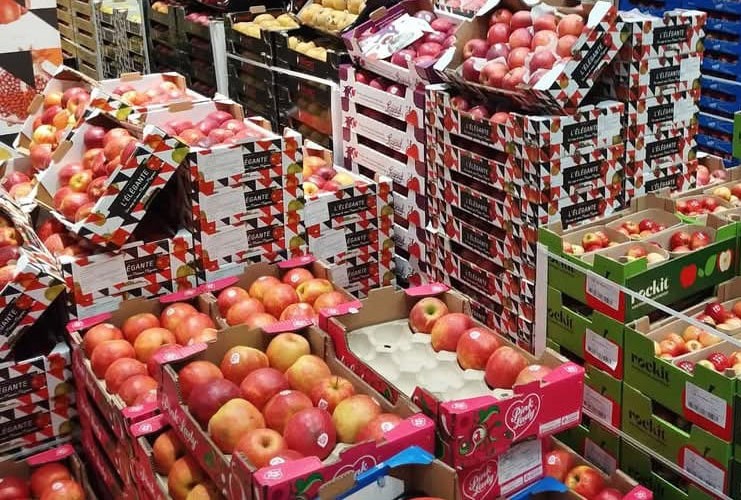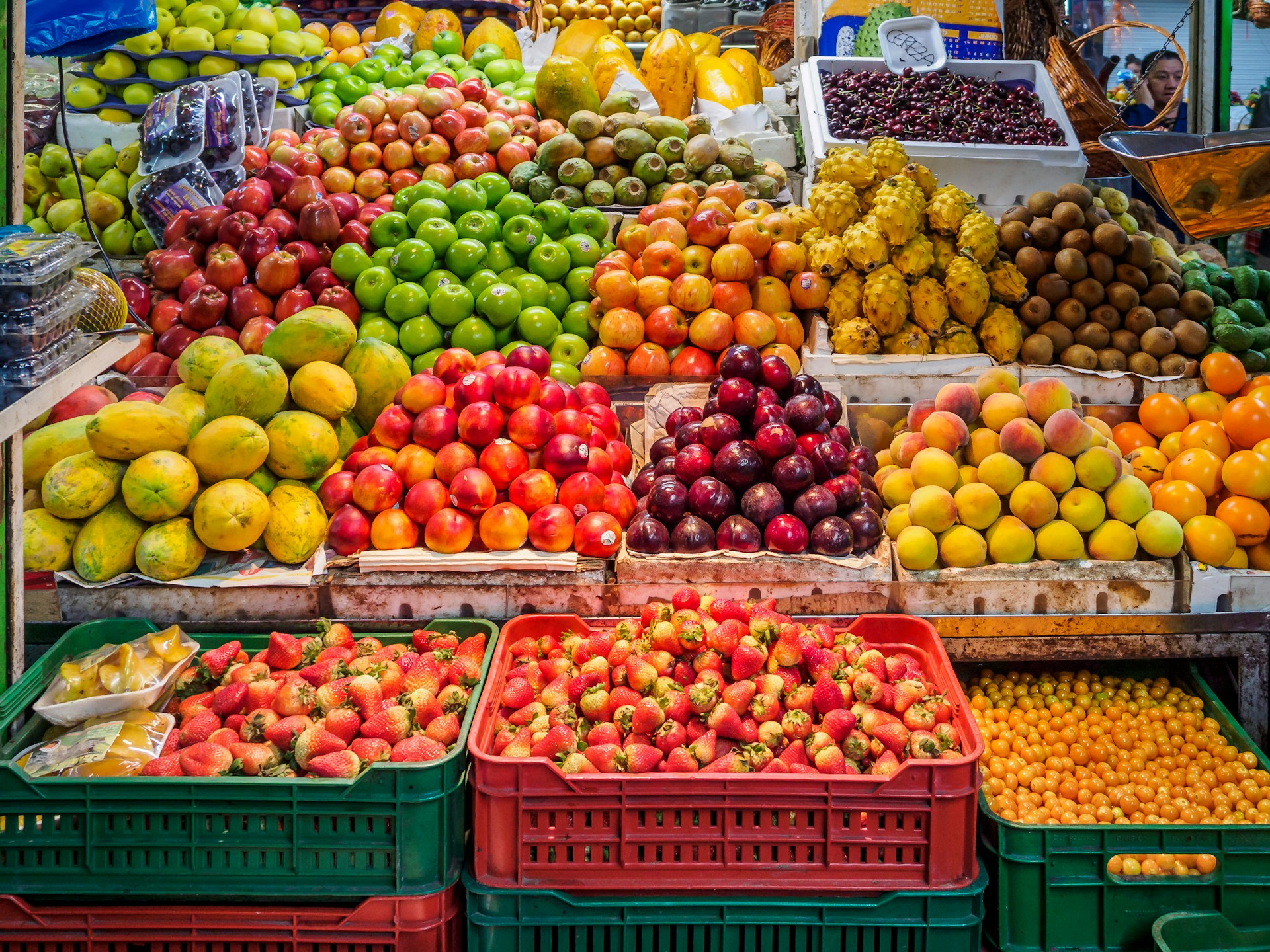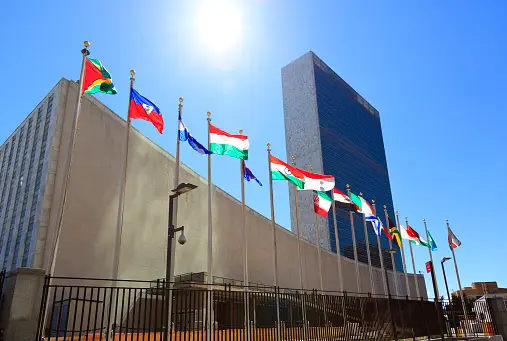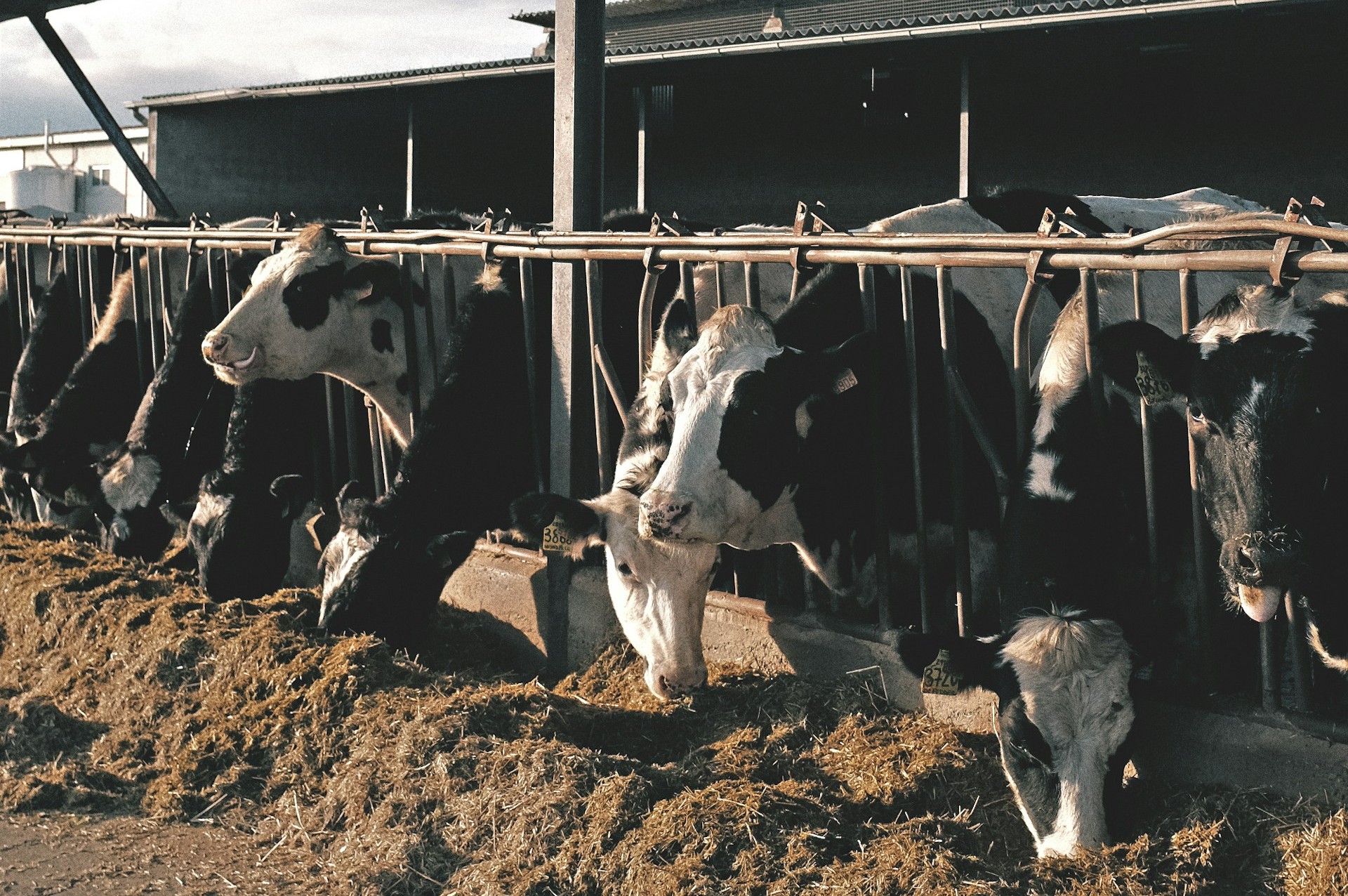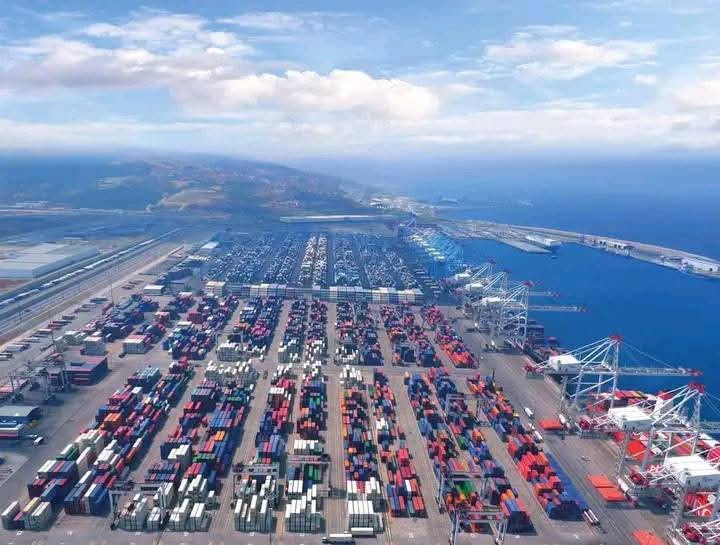Casablanca – The World Bank has commended Morocco’s ongoing efforts to develop a more resilient, inclusive, and sustainable agri-food system, recognizing the country’s progress in transforming agriculture to withstand climate change and ensure long-term food security. In a recent report, the international financial institution detailed Morocco’s initiatives aimed at improving agricultural sustainability, expanding irrigation in drought-prone areas, and integrating innovative technologies to enhance productivity and efficiency.
A comprehensive agricultural transformation
Morocco is currently implementing a multi-dimensional strategy designed to modernize and strengthen its agricultural sector. This approach includes promoting sustainable farming practices, expanding climate-resilient irrigation systems, and increasing the sector’s appeal to younger generations. The World Bank report noted that these measures align with Morocco’s broader goal of securing food supply chains amid challenges posed by recurrent droughts and climate variability.
The 2020-2027 National Program for Drinking Water Supply and Irrigation has been identified as a key initiative in this transformation. The program focuses on developing irrigation networks in regions affected by water scarcity, improving agricultural resilience, and fostering better water resource management. The World Bank also acknowledged the role of Moroccan farmers in adopting advanced agricultural techniques, including artificial intelligence (AI) applications that optimize water use and boost crop yields.
Strengthening agricultural resilience and food security
According to the report, Morocco has faced consecutive years of drought, significantly impacting crop production and agricultural exports. In response, the government has intensified collaboration with international partners, including the World Bank, to support farmers and improve food supply systems. The partnership focuses on:
- Enhancing agricultural value chains to improve market access for farmers.
- Promoting employment opportunities for young people in rural areas.
- Advancing climate-smart agriculture and agri-tech innovations to increase efficiency.
- Modernizing irrigation systems in key agricultural regions such as Chtouka, Tadla, and Souss-Massa.
- Encouraging sustainable water management practices to counteract the effects of drought.
The World Bank emphasized the importance of expanding organic and conservation agriculture, particularly through no-till farming techniques that help maintain soil quality and reduce water consumption. Currently, Morocco is rolling out a large-scale initiative covering 1.4 million hectares to enhance soil protection and resource conservation.
Integrating technology and innovation in agriculture
A significant aspect of Morocco’s agricultural modernization is the integration of digital technologies. Through initiatives such as Agritech4Morocco and the AgriYoung Innovate competition—both launched in partnership with South Korea—Moroccan agri-tech startups are developing digital solutions to support farmers and agricultural enterprises.
One such innovation highlighted in the World Bank report is an AI-based tool designed to predict crop yields and monitor climate conditions, such as droughts. These predictive technologies allow farmers to make informed decisions, optimize resource allocation, and reduce agricultural risks.
Expanding climate insurance and food quality initiatives
To further support agricultural resilience, Morocco is also extending climate risk insurance to 120,000 farmers, providing financial protection against extreme weather events. Additionally, initiatives aimed at improving food safety, quality, and nutrition are set to benefit over one million consumers, reinforcing Morocco’s commitment to a more secure and sustainable food system.
The World Bank’s recognition of Morocco’s efforts underscores the country’s determination to build a more resilient and sustainable agricultural sector. With strategic investments in irrigation, digital technology, climate-smart farming, and water management, Morocco is positioning itself as a model for agricultural transformation in the face of climate challenges. As global food security remains a pressing issue, the Kingdom’s approach offers valuable insights into how nations can adapt and innovate to sustain their food systems in an increasingly unpredictable world.






